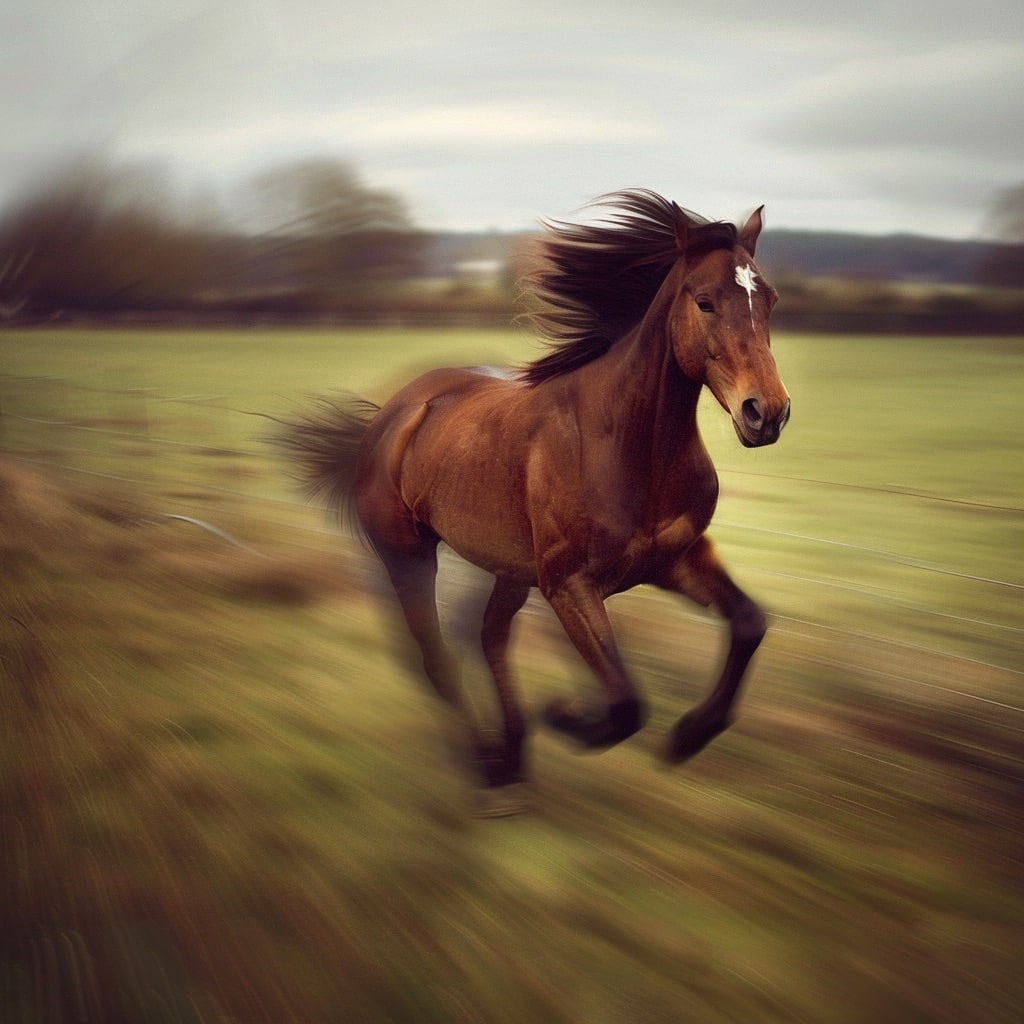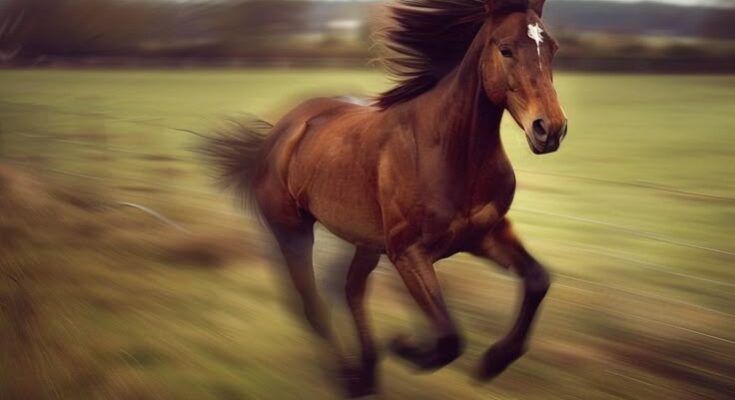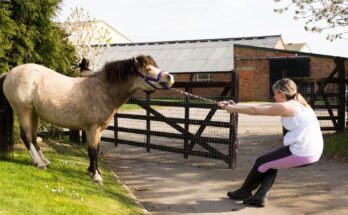How Fast Do Horses Run?

Horses are renowned for their speed and grace, whether they’re racing on tracks, working on farms, or galloping freely in the wild. Their running capabilities have fascinated humans for centuries, leading to selective breeding and various equestrian sports. In this post, we’ll explore the speeds horses can achieve, the factors that influence their running ability, and how they compare to other fast animals.
Average Speed of Horses
The speed of a horse can vary significantly based on its breed, training, and the specific circumstances of its run. Here are some general figures:
- Average Gallop Speed: Most horses can gallop at speeds between 25 to 30 miles per hour (40 to 48 kilometers per hour).
- Racing Thoroughbreds: Thoroughbred racehorses, bred specifically for speed, can reach speeds of up to 40 miles per hour (64 kilometers per hour) on a flat racecourse.
- Quarter Horses: Known for their sprinting ability, American Quarter Horses can reach speeds of up to 55 miles per hour (88 kilometers per hour) over short distances, typically a quarter mile, which is where they get their name.

Factors Influencing Horse Speed
Several factors affect how fast a horse can run:
Breed
- Thoroughbreds: Bred for endurance and speed, thoroughbreds are the stars of flat racing and can maintain high speeds over longer distances.
- Quarter Horses: Known for their explosive speed over short distances, they are the sprinters of the horse world.
- Arabians: While not the fastest sprinters, Arabians are known for their incredible stamina and can maintain steady speeds over long distances, making them excellent for endurance racing.
Training and Conditioning
Horses trained for racing or other high-speed activities undergo rigorous conditioning regimes to build their strength, speed, and endurance. Regular exercise, proper nutrition, and expert handling all contribute to a horse’s running capabilities.
Age and Health
A horse’s age and health significantly impact its speed. Young, healthy horses in their prime (usually between 3 to 10 years old) are typically the fastest. Older horses or those with health issues may not reach their peak speeds.
Terrain and Conditions
The surface a horse runs on can also affect its speed. Horses can run faster on well-maintained race tracks compared to rough, uneven terrain. Weather conditions like extreme heat, rain, or wind can also impact a horse’s performance.

Comparison with Other Fast Animals
Zebras
Zebras, closely related to horses, can run at speeds of up to 40 to 45 miles per hour (65 to 70 kilometers per hour). While they share similar speeds with many horse breeds, zebras use their speed primarily for predator evasion.
Cheetahs
Cheetahs are the fastest land animals, capable of reaching speeds up to 60 to 70 miles per hour (97 to 113 kilometers per hour) over short bursts. However, they lack the endurance of horses and can only maintain these speeds for brief periods.
Greyhounds
Greyhounds, the fastest dog breed, can reach speeds of around 45 miles per hour (72 kilometers per hour) over short distances. Their speed is comparable to that of Quarter Horses in terms of sprinting ability.
Conclusion
Horses are incredibly versatile runners, with speeds varying based on breed, training, age, health, and terrain. Thoroughbreds can reach up to 40 miles per hour, while Quarter Horses can sprint up to 55 miles per hour over short distances. Their speed and endurance make them remarkable animals, capable of impressive feats in both natural and competitive settings. Understanding these factors highlights the unique capabilities of horses and their place among the fastest animals on Earth.



